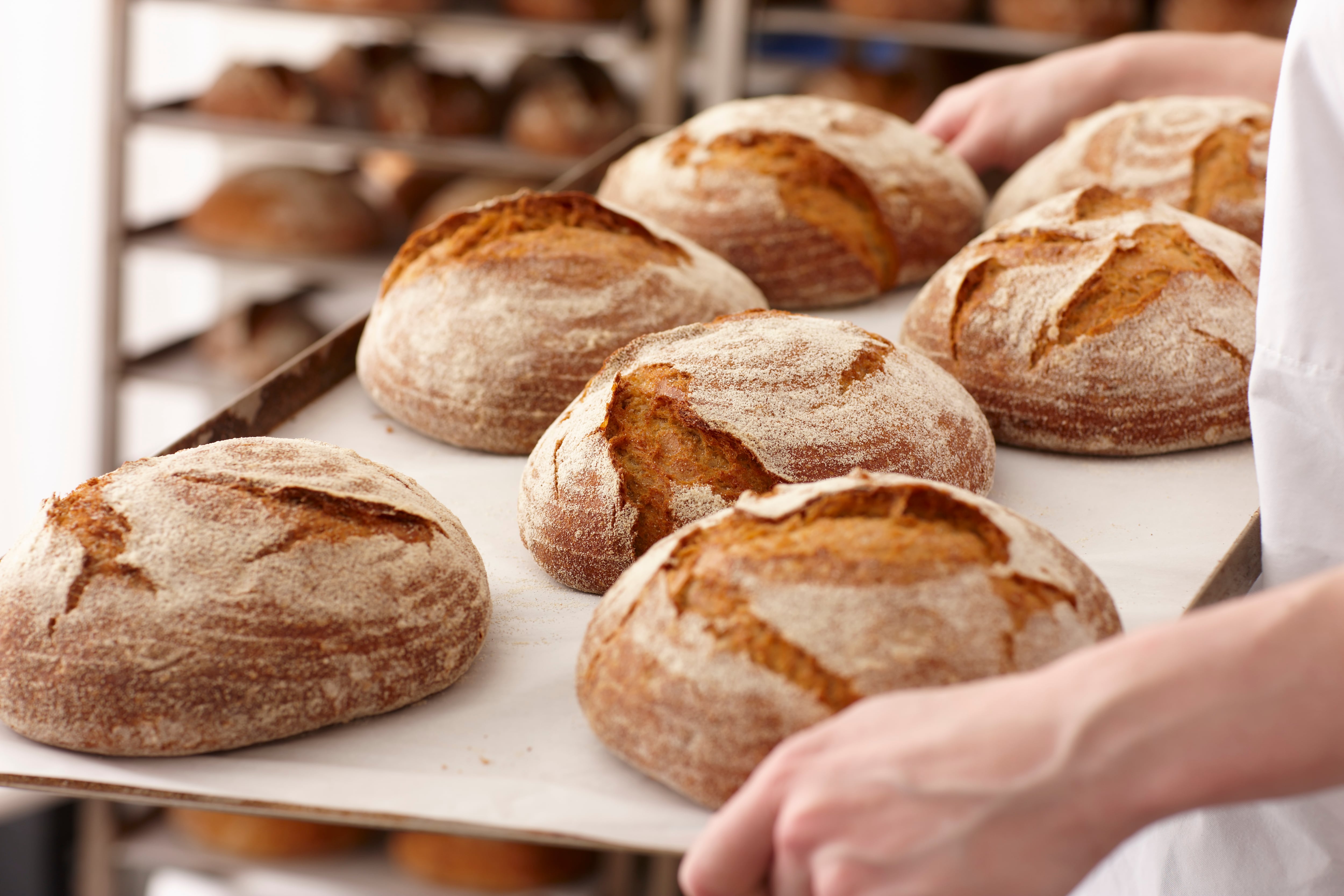Califia Farms
Califia Farms is a plant-based drinks manufacturer that supplies a number of major retailers in the UK.
In the past year it has launched six new products while also streamlining its supply chain to make it more efficient, sustainable and cost-effective, as well as far less complex.
Previously, Califia purchased raw ingredients from the US before shipping them to a co-manufacturer in the EU. This process created several challengers such as the reliance on forecasting accuracy and the co-manufacturer providing Califia with sufficient lead time to order materials.
In order to resolve this, Califia has switched its approach so that the co-manufacturer is now able to order directly from an EU supplier. This has helped to reduce the stress of material ordering, streamlined the supply chain and reduced the carbon emissions attached to its products.
The manufacturer has also switched to using multimodal transport, delivering direct to customers from its co-manufacturer where volumes allow it. This change occurred after its previous third-part logistics provider closed a route, forcing Califia management to adapt quickly and find a new haulier that meets its needs.
Califia is also starting work on a longer term project to unlock further efficiency within its supply chain which involves its colleagues in the US, with whom the team is able to share ideas and scale up projects to ensure it deliver as expected and on time.
Fresh Direct
Fresh Direct is a UK-based multi-discipline specialist fresh food supplier with a nationwide reach. Operating from a 140,000 square foot base in Bicester, it sells around 2,000 produce SKUs to foodservice customers.
The past year has seen some of the worst weather-related product availability issues to hit the fresh produce sector, but Fresh Direct has been proactive throughout, identifying alternative suppliers or working with growers to maximise availability of the limited stocks available.
The firm accepts that while it cannot control the weather it can take more ownership of its supply chain. This has involved Fresh Direct contracting its own vehicles to collect produce, which has resulted in quicker, fresher deliveries and reduced road miles.
Fresh Direct has also introduced its own hauliers in Europe, which enables it to cut out parts of the supply chain and support suppliers who would not otherwise be able to fill a lorry. Over time it has built long-standing partnerships with growers and partners, providing the supplier with the scale necessary to mitigate some of the issues it faces, along with the expertise to switch to alternative products.
Meanwhile, Fresh Direct has started to source produce from a wider pool of growers, taking tomatoes from the Canary Islands and mainland Spain in response to supply issues in Morocco.
Cranswick
Headquartered in Hull, Cranswick is a UK food producer and supplier of fresh and added-value food products.
As part of an its effort to embed sustainability at the core of the business, Cranswick has introduced the ‘Second Nature’ strategy. Recognising the critical issue of food waste in the UK, where 9.6m million tonnes are discarded annually while 8m people face food poverty, the firm decided to take action 12 years ago.
Through extensive research and collaboration with academia, gas industry experts, packaging specialists and store lighting professionals, it has developed new technologies aimed at addressing food waste. And now, by leading its supply chain and working closely with all stakeholders from manufacturing and logistics to retailers and consumers, Cranswick has positioned itself to reduce food waste in the sector by 10%, equivalent to approximately 100,000 tons of carbon.
The journey began when Cranswick began identifying key factors contributing to food discolouration and waste. These include oxygen levels in Modified Atmosphere Packaging (MAP), product temperature during manufacturing and throughout the supply chain, light exposure in the supply chain or retail stores, and seal integrity.
Supported by research from Lincoln University, Queen’s University and Philips Lighting, Cranswick pinpointed critical areas for development and improvement in industry standards. This included reducing oxygen levels in MAP from 1% to 0.03%, customising gas mixtures for each product type rather than by sector, implementing 100% inspection of gas mixtures before release, and ensuring seal integrity to maintain MAP gases within the packaging.
The winners for next year’s awards will be announced at a gala dinner held at the London Hilton Bankside. Tickets are available to purchase here.
The Food Manufacture Excellence Awards 2025 are kindly supported by headliner Menzies and event sponsors Niras, Quor, and Watermill Press.




